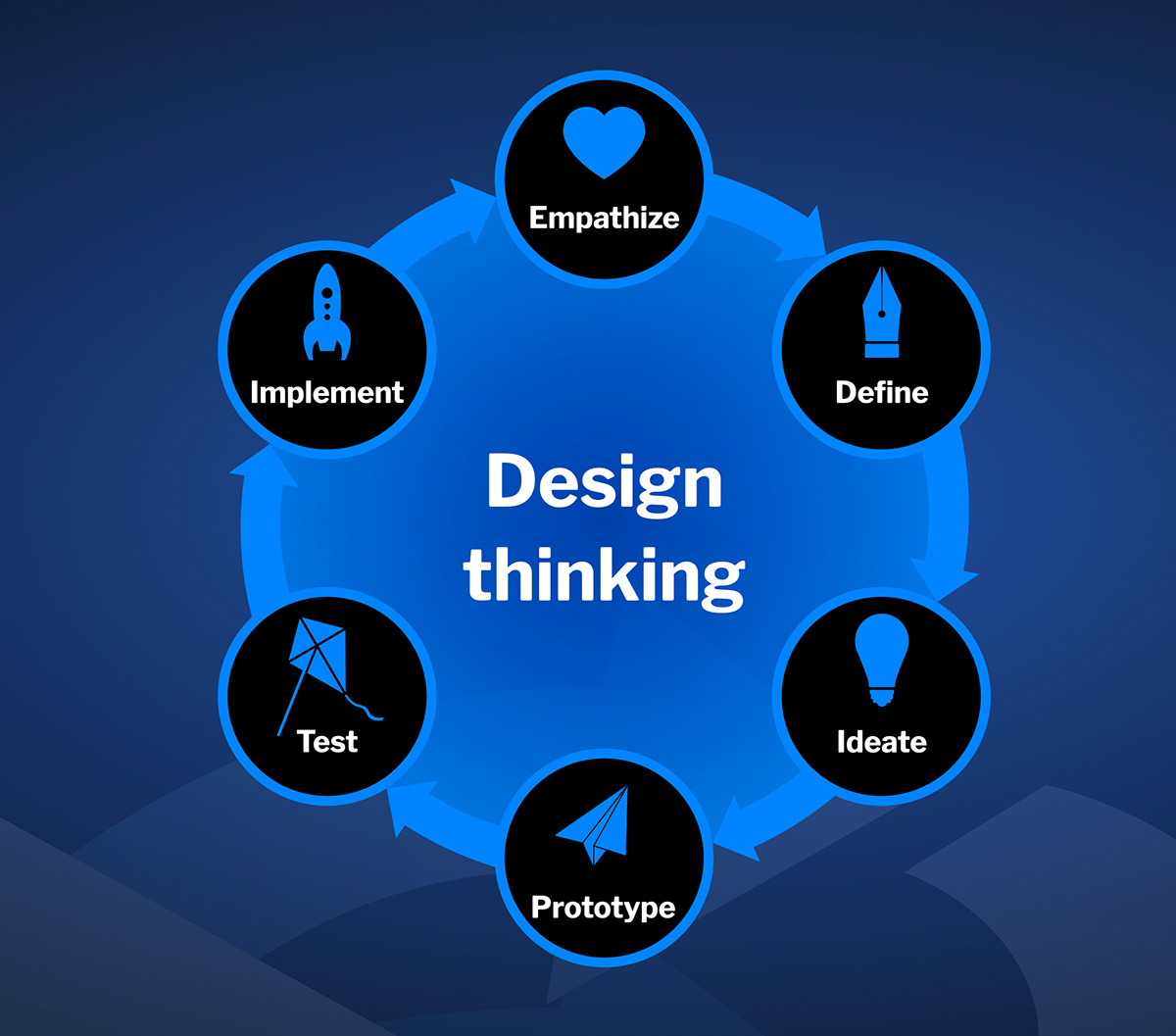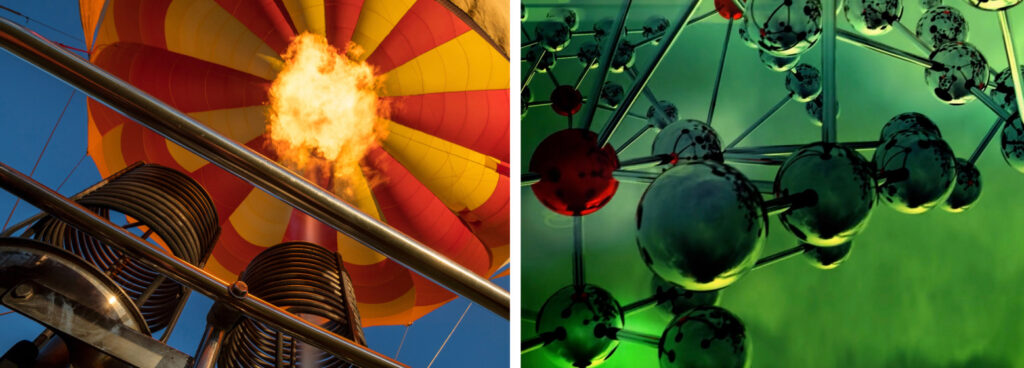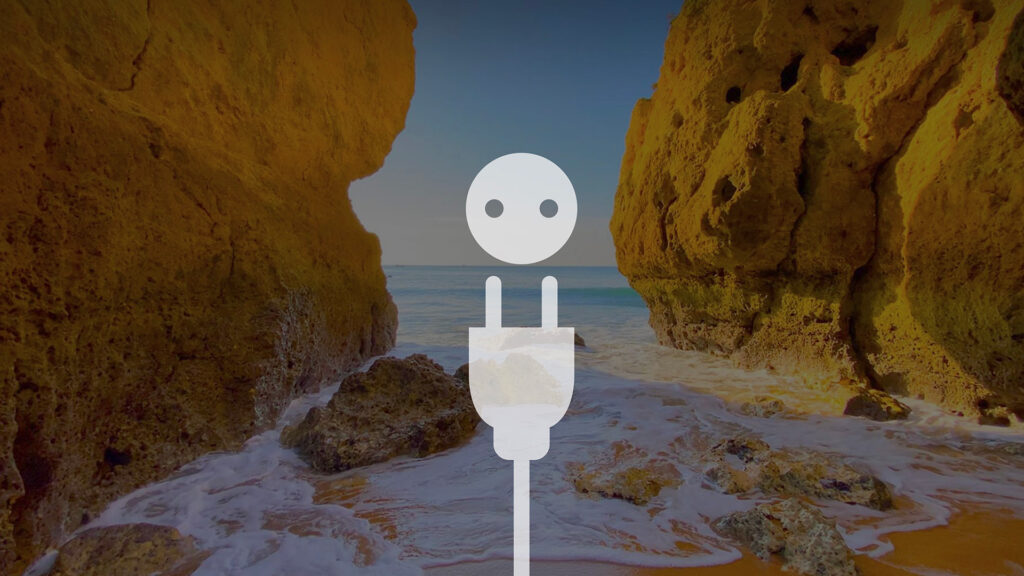Emotional Intelligence of creativity and flow

What is the optimal state of mind and cognitive abilities for a creative process? How can you improve your problem solving skills and achieve flow? Become creative.
Creativity
Creativity is a phenomenon whereby something new and valuable is formed.
“The essence of the creativity is the discovery of new problems… new way of thinking… new way of conceptualizing the problem,” Mihaly Csikszentmihalyi (Flow).
Three components of creativity (as per T.Amabile):
- Expertise, domain knowledge
- Creative thinking skills
- Motivation

The Emotional Intelligence of these 3 components:
- 360/systems awareness, empathy, and an unbiased view of data
- Flow and freedom from cognitive templates and limitations
- Genuine intrinsic motivation
EI of design thinking
Let’s review the EI of another creative framework. Design thinking is a hands-on, human-centric approach to problem solving and innovation.

A designer’s EI, state of mind, cognitive bias and limiting beliefs impact all stages of this process:
- Unchecked emotions magnify a designer’s bias and narrow vision
- Empathy starts mirroring a designer’s own projections/perspective instead of others’ feelings
- A designer identifies wrong problems and needs
- “New” ideas are boxed within templates activated by unchecked emotions
- Negative moods drain energy, motivation, undermine problem solving
Obviously, you can use workarounds to trick the mind into being a bit less crippled by ego games. Use 6 thinking hats, change of/special routines, etc. But genuine creativity to see new and valuable ideas starts when you become creative. Unlock intrinsic motivation, clear cognitive biases, and make flow your normal way to work. Establish the out-of-the-box, systems thinking by deafult.
EI of Flow

What is a flow?
An intense focus, and full immersion in a task. It results in a creativity boost, enthusiastic engagement, and higher chances of extraordinary results. It also feels great.
Why do you lose focus and cannot get into flow?
Distractions are more interesting than what you do. They trigger a stronger emotional response. Positive or negative. That simple.
Whatever you have to force your focus on — is not a priority for your mind. Even if you do not admit it to your boss. Or yourself.
Natural focus
The obvious solution is to start doing things that are actually important to you. Means plenty of soul-searching or a new life for some of us. It also may take some time and require clarity for self-discovery.
Emotional Hygiene helps you find yourself and maintain focus along the way. Remove emotional triggers that can be activated by distractions. Accurate self-awareness will help you find things that are actually important to you.
Sometimes, it is not about finding new things, but removing the problems that make your current things boring. Clear obsolete beliefs that fuel unrealistic desires or fears. So they no longer force you to devalue your present moment and what you do.
External workarounds, and limiting distractions can be helpful initially. But your mind will find a way to overcome them if you do not remove the triggers.
The organic outcomes of mind training
Both focus and flow are the organic outcomes of an established practice.
Your focus and flow are natural, if:
1. Motivation — you are fully aware and enthusiastic about your motivation for doing the task (no hidden agenda that creates tension in the background).
2. Energy — you have sufficient energy (both physically and mentally). No stress or emotionally draining activities.
3. Inquiry — you have a clear internal inquiry that is not tunneled into narrow patterns by active biases. You can register subtle signals, and be open to new ideas. There is little to no “noise” to hide such signals.
4. Critical reasoning — your math and logic are sound, not conditioned by emotions, habitual way of thinking.
5. No triggers — Even if something distracts you, there are no strong triggers to support the distraction; you can easily revert focus back (without irritation or losing “a thought”).
6. People — your relationships with the people involved are positive (no unprocessed conflicts, tensions, and unhealthy reactions).
Practices to support focus and flow:
1. Monitoring
Even a brief state-of-mind check may reveal if your current way of interacting with the subject of inquiry is “emotionally intelligent”. You can catch interferences early and do not allow them to hinder the process.
2. Tune-in rituals
A number of techniques can help you overcome routine agitations: a pause, a walk, taking a breath, letting the mind rest with the subject, meditation, etc. Such mini-practices and external means do not address deeper causes but do help clear out residual reactions.
3. Reframing causes of interferences
If you are still getting emotional interference or loss of focus, a time-out may be required for locating and addressing the root causes (dysfunctional beliefs, reaction habits, etc.).
4. Mindfulness meditation, concentration training
Concentration is one of the mind training practices. Mindfulness meditation teaches you to control your focus. Eventually, you are getting less distracted. You can rest your focus on any object of your choice effortlessly.






